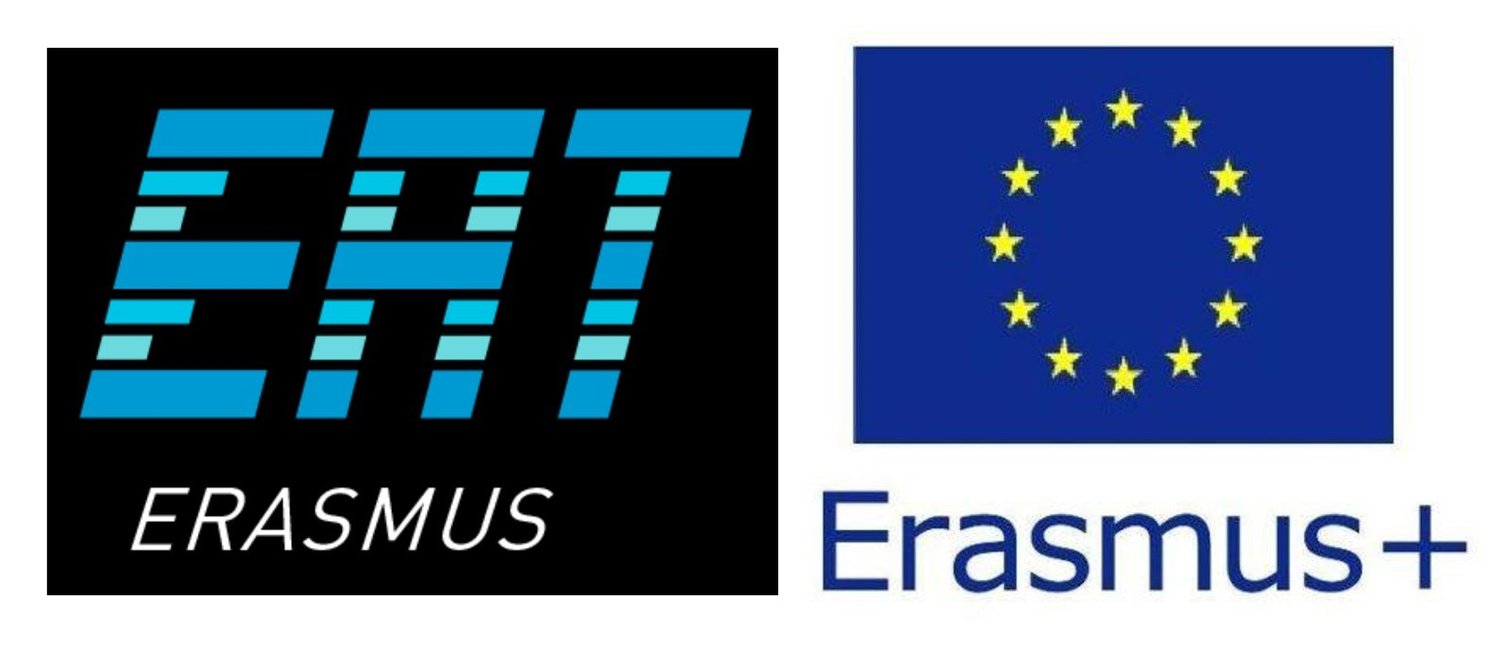2.1 Promoting Student Engagement
The global and national context of higher education, institution, faculty, department, and team cultures of assessment all contribute to how assessment is experienced at the individual level. However, it is at the microlevel that the way in which assessment is enacted that real differences to how students experience learning are mediated and where impact on student learning outcomes is greatest (Schneider & Preckel, 2017).
The danger is that a strong and well-evidenced pedagogic rationale for change remains a weak bargaining tool in the face of established social relations of the field and the interests at stake in the field, and is therefore destined to talk at cross-purposes with those interests. (James, 2014, p. 164)
There are many macro and meso level factors that impact capacity to develop SRL capacity within the HEI context (e.g., policy reform promoting student-centred learning, the work of government and international agencies in promoting research-informed approaches to practice) (Evans & Bunescu, 2020), and commitment to SRL approaches at the institutional level).
Investment in pedagogy and the quality of professional development matters. The last decade has seen increases in the sharing of SRL good practice globally; a key question remains as to how SRL approaches can be co-ordinated at the institutional level to support effective local delivery of them in practice.



